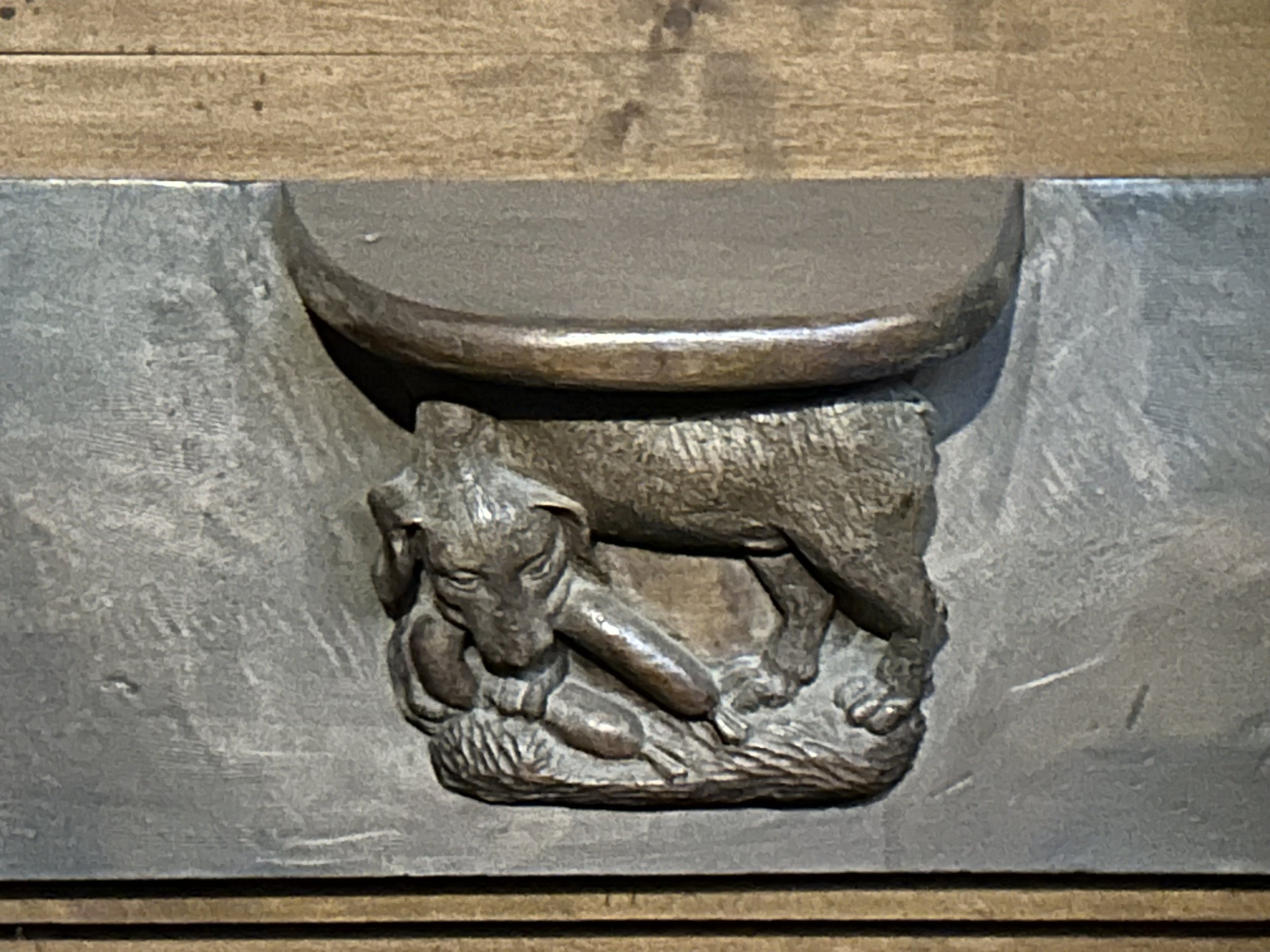
Why we shouldn’t increase the donation tax credit
Imagine Canada is doing a public consultation on whether Canada should increase the donation tax credit rate to encourage more giving. This is my response. April 4, 2025

The new charity funding crisis
Charities do not exclusively depend on donations, despite popular perceptions to the contrary. In Canada, government funding and earned revenue contribute more to registered charities than donations. Both these types of low-key funding are under pressure, enough so that we will soon witness some large charities shrink or even collapse. February 2025

Canadian Charity Law’s Turning Point
In the 1970s, Canadian charity law dramatically evolved and became imbedded in the Income Tax Act. While this is ancient history, I have personal connections with the drafting Working Group at the Department of Finance that I rediscovered. To my delight, after 45 years, I reconnected with one of the drafters in Ottawa this summer. Aura (Elliott) Vaucrosson was the mother of one of my childhood friends, Jean-Paul, or JP. At the time, I had no idea about her professional life, and I couldn’t imagine how it would connect with mine. September 2024

Fair & Transparent Granting
A hot topic among charities is anonymous grants from foundations with donor advised funds. Charities receive grants but they often don’t know the identity of the donor or fund that recommended the grant. It is an important for both foundations and charities to work together to make the process better. May 2024

CRA’s Online Tools for Charities
Technology sometimes produces unanticipated consequences. Witness Canada Revenue Agency. To its credit, CRA has implemented secure, mostly user-friendly technology over the past 20 years. For charities this includes online accounts and user-friendly “checklist” tools for charities. Unfortunately, these features sometimes create a special set of challenges for registered charities and testamentary private foundations. March 2024

AMT & Donations
Changes to the Alternative Minimum Tax (AMT) rates and rules are scheduled to take effect on January 1, 2024. For the first time AMT will apply to charitable donations from high-income individuals, which is worrying for charities and donors. Simply, targeting donations is poor tax policy that will produce unintended community harm. September 2023

Estate Donations and Non-Qualifying Securities
Since the announcement of the “estate donation” rules in the 2014 Federal Budget, there have been a number of amendments that have addressed sector concerns and drafting errors. One unintended consequence in the original estate donation provisions relates to gifts of private company shares.

Donations involving Private Company Shares and Real Estate
The announcement in the 2015 Federal Budget that capital gains would be eliminated on donations involving private company shares and real estate was short on detail. As a result the measure, which would be effective beginning 2017, was not passed by Parliament. In mid-summer, the Department of Finance released the technical details and invited public comment. Feedback is due on September 30, 2015.

Returning a gift after 36 years
What’s a charity to do when a donor asks for a gift to be returned? As my fellow blogger Derek de Gannes recently reported, CRA provided a technical interpretation in response to a charity inquiry relating to life insurance policy donated in 1981.

Spend-down Charitable Funds
Until 2010, the disbursement quota provisions in the Income Tax Act mandated that charities handle donations in one of two ways: for immediate use or held as long-term endowments through the “10-year gift” capital hold mechanism. These binary rules drove donor and charity behaviour. The 2010 reforms provided charities with greater flexibility regarding the acceptance and use of funds. They have also transformed the way major donors plan their philanthropic legacies.

Journalism and Charities
The interconnectedness of registered charities and journalism is growing. In this era of digital content explosion and “fake news”, traditional media outlets — especially newspapers — are seeking new ways to serve their communities and survive. Increasingly, public benefit non-profit journalism is becoming a charitable activity. There are estate donors who are interested in supporting this space.

Ontario Donation Tax Credits - Proposed Rationalization
The Canadian donation tax credit regime is generous, but opaque and needlessly complex. The March 28, 2018 Ontario Budget proposed a welcome reform for an intricate system. Too bad the idea is from a government that polls predict will likely to be voted out of office in eight weeks.

Foundations with Donor Advised Funds
The Special Senate Committee on the Charitable Sector is interested in “donor advised funds” or DAFs. In particular, members of the Committee are suggesting that the Income Tax Act should be changed to require individual funds to have minimum disbursement quotas and separate regulatory reporting. This policy trial balloon is worth debating. If for no other reason than a lot of Canadians now have their philanthropic and estate plans centred on foundations with donor advised funds. 2021

The Senate Speaks Charity
It’s hard to underestimate the importance of the Special Senate Committee on the Charitable Sector report to that was released on June 20th. After almost 18 months of hearings and consideration, this once-in-a-generation study came up with 42 recommendation on topics ranging from volunteerism, social enterprise, regulatory system, and judicial review process. There are five recommendations that deal with giving and tax incentives.

Charitable Remainder Trusts in Canada
The Charitable Remainder Trust (CRT) is a gift planning structure that rarely works in Canada. An import from the U.S. – where it is an integral part of the gift and estate tax regime – the CRT in Canada has fewer tax and planning benefits. It’s a foreign plant that doesn’t thrive in the Canadian soil.

Tax Shelters and Charitable Intent
In early February, the Tax Court of Canada put another nail in the coffin of “one of the biggest tax scams in Canadian history.”

Foundation vs. Charitable Organization
The WE Charity scandal has been fascinating to charity watchers. On July 22, it was revealed that the Canadian Government contracted with the WE Charity Foundation for the Canada Student Service Grant (CSSG) program, not the WE Charity as previously reported.

Outdated Donation Clause
Legal precedents are invaluable – except, that is, when they are wrong or out of date. Recently a Scotiatrust colleague contacted me about a clause in a client’s will that was intended to create an endowment fund at a registered charity. The clause imposed a 10-year capital hold on the donation. He asked, “is this clause still necessary?”

Endowment Variations
COVID-19 has hit the charitable sector hard, and arts organizations face particular challenges. A recent article in The Globe and Mail about the Banff Centre described closed facilities, lost fundraising, cancelled programs, layoffs, deficits, resignations, and protests. April 2020

Foundation Disbursement Quota Increased
The 2021 Federal Budget announced the Government’s intentions to launch a consultation with charities about “potentially increasing the disbursement quota…beginning in 2022.” Any increase of the disbursement quota (DQ) rate above the current 3.5% annual requirement will have significant implications for the charitable sector, foundations and donors. Below is a longer than usual analysis of what it means and what to expect.